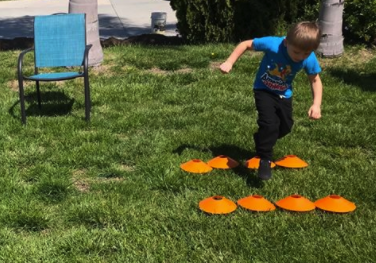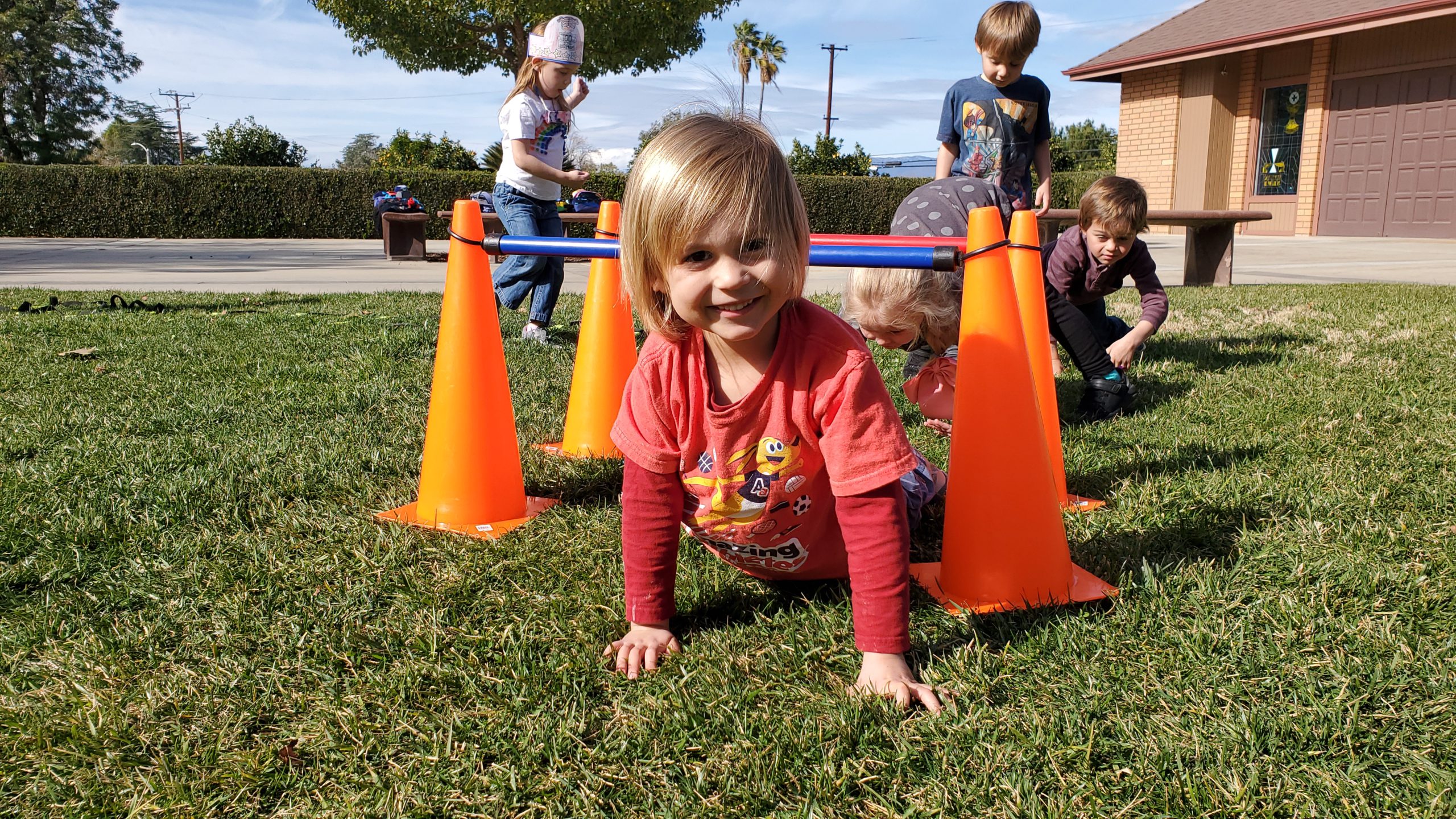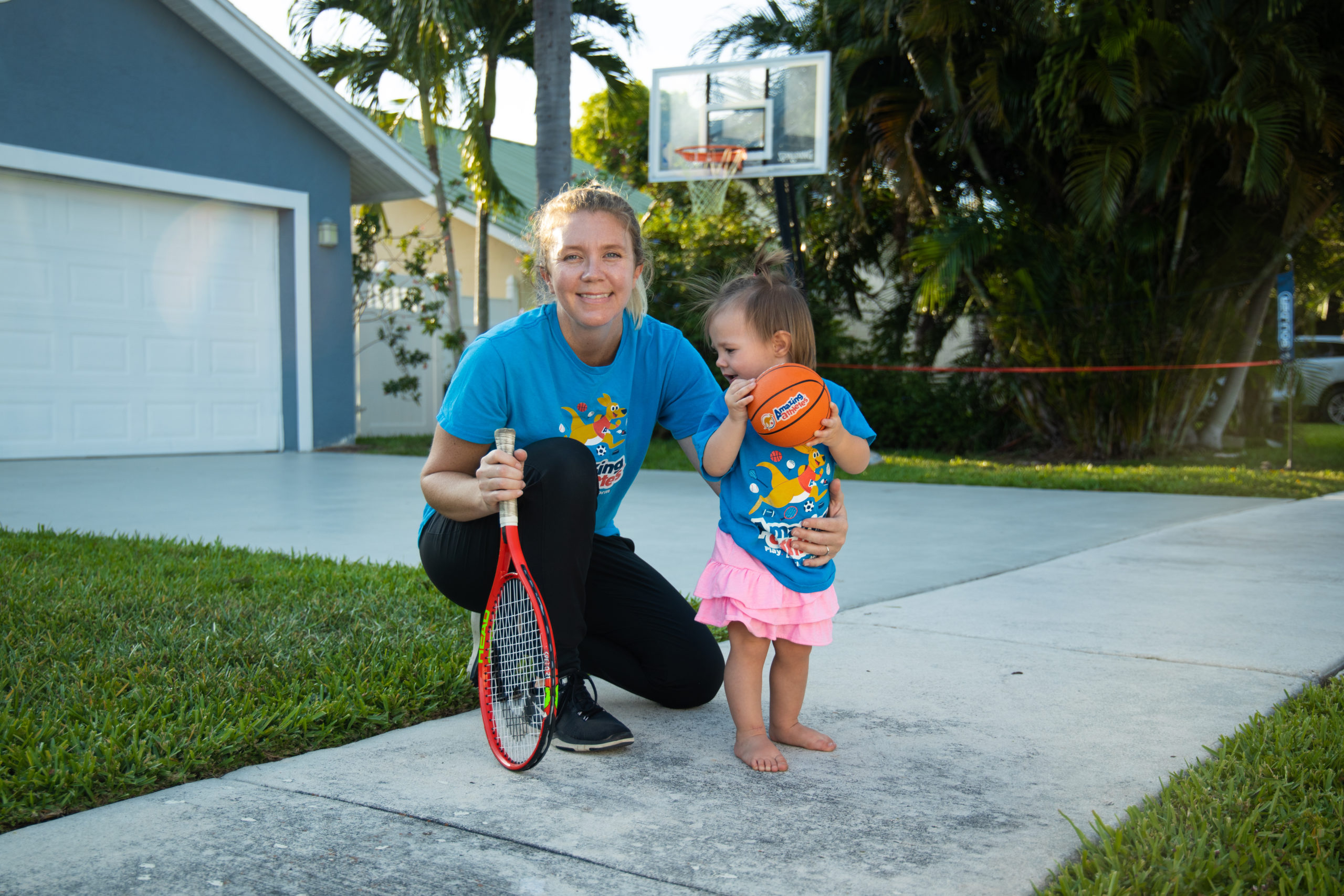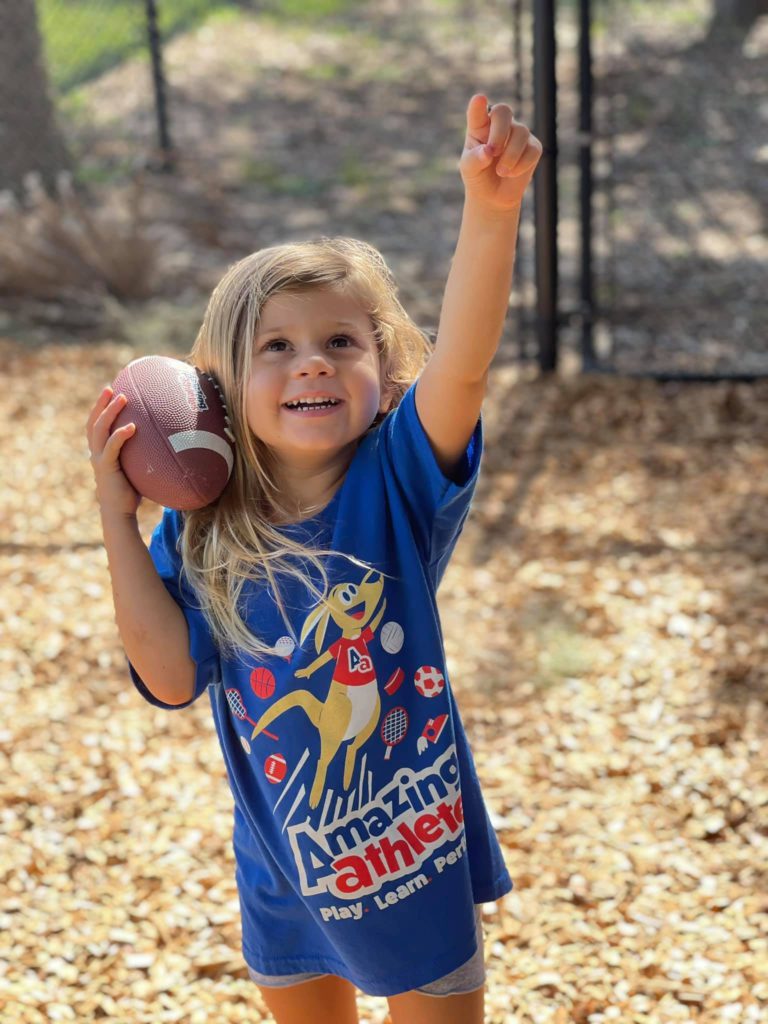It’s no secret that children are especially impressionable. When it comes to good sportsmanship, kids look to their coaches and parents as examples of how to act.
Developing good sportsmanship does more than show kids how to behave politely during and after a game. Sportsmanship impacts how children interact on and off the field. Good sportsmanship builds teamwork, character, and teaches respect, honor, discipline, kindness, inclusion, resilience, perseverance, and more.
The benefits of good sportsmanship are many. When kids enjoy active play, they look forward to sports and exercise as a chance to make new friends and develop new skills. Good sportsmanship encourages everyone to do their best, boosting confidence and showing the rewards of hard work, goal setting, and collaboration.
Here are a few helpful tips to keep in mind when teaching kids how to be good sports:
REMEMBER THE GOLDEN RULE:
Always treat others how you’d like to be treated. Empathy benefits everyone and is an especially crucial skill for little ones to learn. When children think about how their words and actions impact others, they learn how to treat others with care. This builds respect, compassion, and friendship between classmates, teammates, and more.
PRACTICE WHAT YOU PREACH:
Parents, coaches, and teachers should remember that kids are always watching, so practice what you preach and remember the golden rule.
ACTIONS SPEAK LOUDER THAN WORDS:
Don’t just talk about good sportsmanship. Demonstrate it. Shake hands with the coach or parents of the opposing team or act out giving a congratulatory hi-five to an opponent even when you lose the game.
FUN AND FITNESS GO HAND-IN-HAND:
Establishing healthy habits early can encourage kids to continue an active lifestyle for years to come. Winning and losing is part of the game, but above all fitness should always be fun. Make sure your amazing athletes look forward to playtime as motivation to stay active and thriving.







